MS-ETS1-2
Evaluate competing design solutions using a systematic process to determine how well they meet the criteria and constraints of the problem.
-
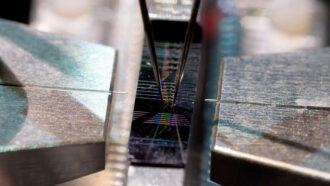 Computing
ComputingA single chip like this could transmit a world’s worth of data
The internet has a big environmental footprint. But this new type of tech could help reduce the climate impact of computing.
-
 Materials Science
Materials ScienceAnalyze This: Algae behind blue-glowing waves light up a new device
Some algae glow blue when they experience forces. Held in transparent plastic, they now make devices light up in response to gentle pushes and tugs.
-
 Computing
ComputingSleep helps AI models learn new things without forgetting old ones
Breaks in training meant to mimic human sleep helped artificial intelligence learn multiple tasks.
-
 Physics
PhysicsDoes the size of a parachute matter?
How does a parachute work? Do bigger parachutes work better than smaller parachutes? Find out in this science project whether the size of the parachute matters.
-
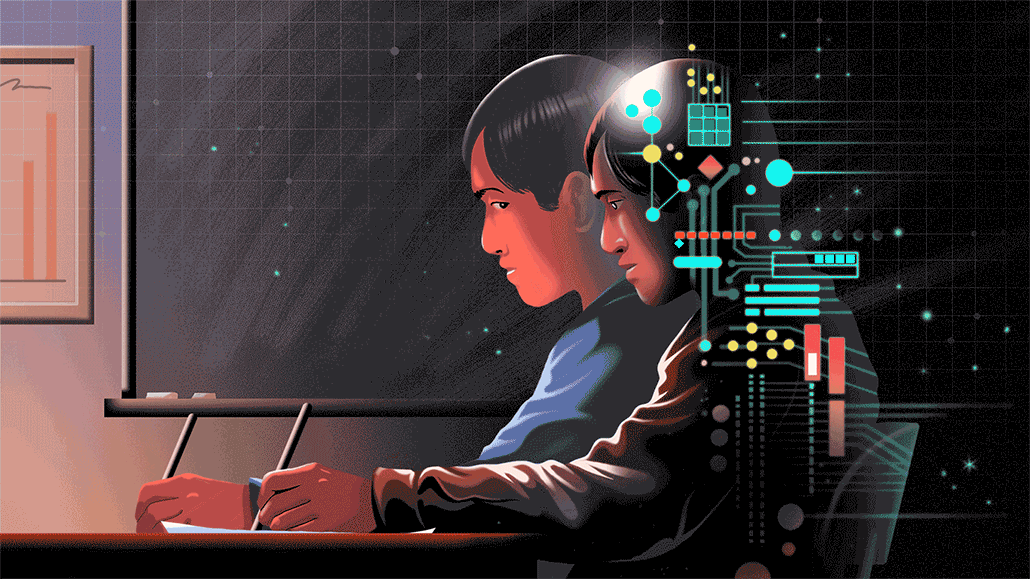 Tech
TechThink twice before using ChatGPT for help with homework
ChatGPT is a new AI tool that generates well-formed writing and code. Despite many benefits, it makes cheating easy and can supply bad information.
-
 Tech
TechNew robot can pick up a single drop of liquid
The new device, which looks like a pair of plastic pinchers, is the first to be able to pick up individual droplets of liquid.
-
 Environment
EnvironmentFor a better brick, just add poop
Sewage sludge. Cow dung. They’re not just waste — scientists are finding uses for processed poop in construction materials.
By Laura Allen -
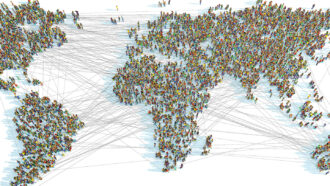 Tech
TechWill the internet soon reach the one-third of people without it?
Access to the internet is a human right, yet much of the world can’t get online. New tech has to be affordable and usable to end this digital divide.
-
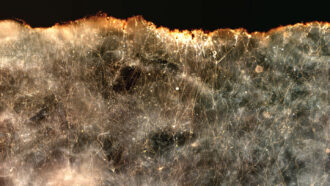 Environment
EnvironmentBacterial ‘living wires’ could help protect the seas and climate
Long, thin bacteria that conduct electricity may be able to help clean up oil spills and reduce emissions of methane, a powerful greenhouse gas.
By Nikk Ogasa -
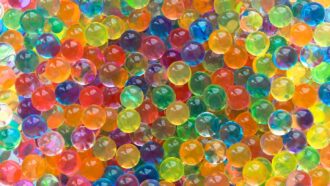 Chemistry
ChemistryExplainer: What is a hydrogel?
These unusual materials have a host of unusual properties. You can even make a starch-infused version in your kitchen.
-
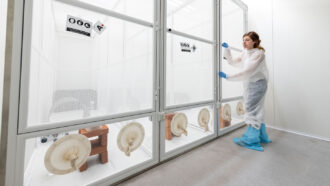 Health & Medicine
Health & MedicineShould we use a genetic weapon against mosquitoes carrying malaria?
One gene drive to eliminate malaria seems to work in the lab. Now it’s time to ask local people if they want it released in the wild.
-
 Tech
TechA shape-shifting robotic tooth-cleaner might one day brush for you
A swarm of billions of magnetic, bacteria-killing nanoparticles can be shaped into bristles to fit any surface, including between teeth.